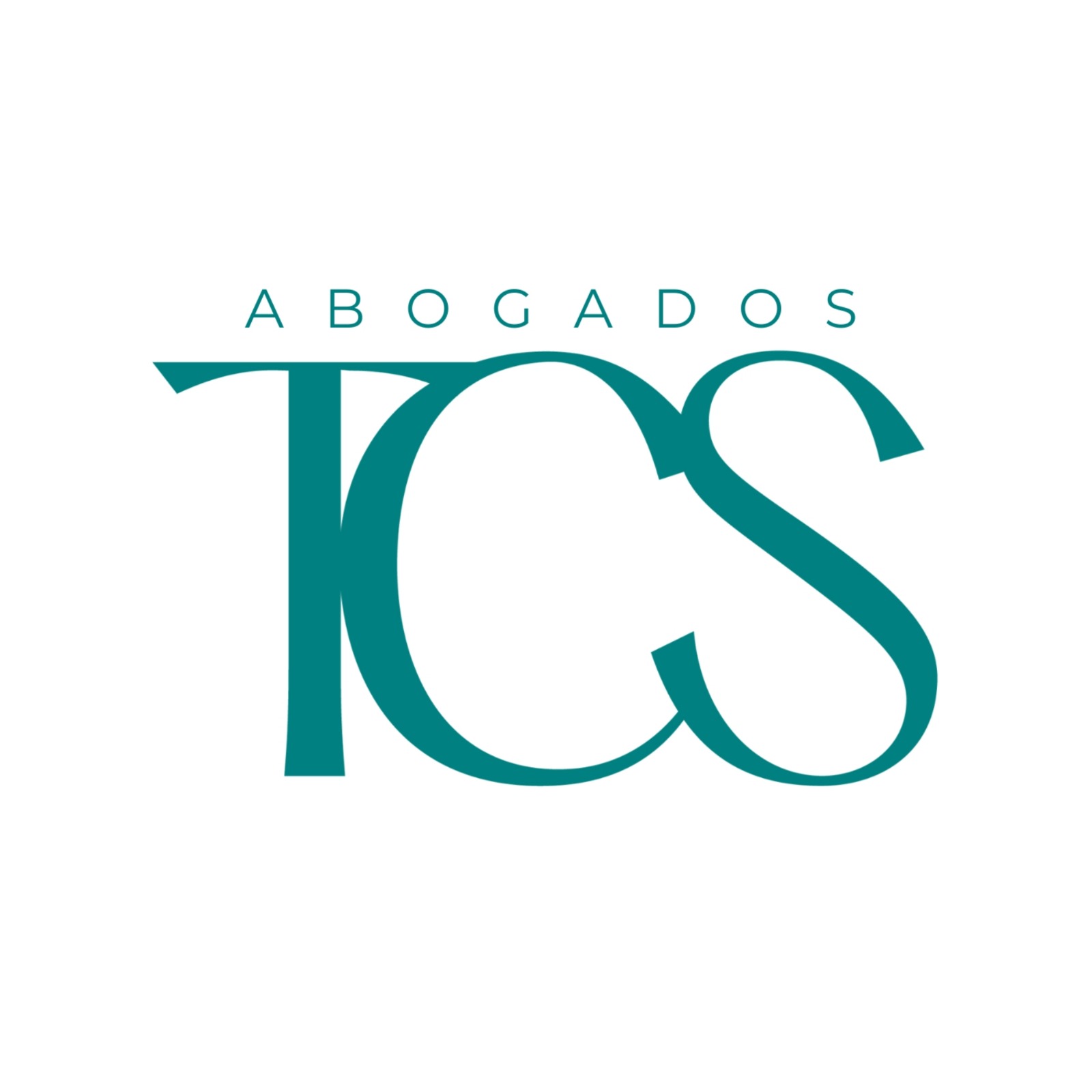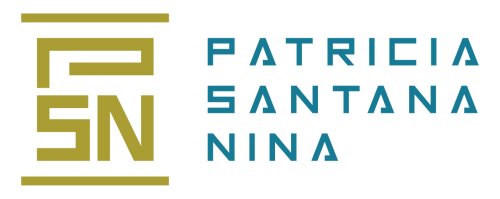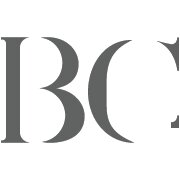Best Restructuring & Insolvency Lawyers in Dominican Republic
Share your needs with us, get contacted by law firms.
Free. Takes 2 min.
Or refine your search by selecting a city:
List of the best lawyers in Dominican Republic

About Restructuring & Insolvency Law in Dominican Republic
Restructuring and insolvency law in the Dominican Republic addresses both the prevention and resolution of financial distress for businesses and individuals. In recent years, the Dominican legal system has undergone significant updates to modernize these processes and align local practice with international standards. The current legal framework was put in place primarily through Law 141-15, also known as the Law on Restructuring and Liquidation of Businesses and Individuals, which came into force in 2017. This law establishes clear guidelines for negotiations, restructuring agreements, and the orderly liquidation of assets, aiming to protect the rights of creditors and debtors while promoting economic stability.
Why You May Need a Lawyer
Restructuring or insolvency situations can be complex and stressful, requiring thorough understanding of the law and procedural steps. Here are some common scenarios where obtaining legal guidance is crucial:
- Navigating the insolvency proceedings as a business owner facing financial distress
- Negotiating with creditors to restructure debts and avoid liquidation of assets
- Ensuring that your assets and interests are protected as a creditor
- Understanding your rights and responsibilities during liquidation or bankruptcy
- Representing your interests in court or before the local authorities
- Fulfilling mandatory notifications and documentation requirements
- Avoiding potential criminal or civil liabilities for mismanagement or fraud
Local Laws Overview
The Dominican Republic’s Law 141-15 governs most aspects of restructuring and insolvency for commercial entities and individuals engaged in business activity. Key points include:
- Voluntary and Involuntary Proceedings - Debtors or creditors may initiate restructuring or insolvency proceedings based on certain criteria.
- Stay of Proceedings - Once restructuring starts, creditors are temporarily prevented from individually pursuing claims, allowing time for negotiations.
- Restructuring Agreements - Debtors and creditors may negotiate to reorganize debt, which must be approved by majority creditors and validated by the court.
- Role of the Office of Restructuring and Liquidation - An independent government entity oversees and supervises insolvency and restructuring cases.
- Order of Creditors - The law specifies the order in which creditors are paid in cases of liquidation.
- Judicial Liquidation - If parties cannot reach an agreement or if reorganization fails, assets are liquidated under court supervision.
- Corporate and Individual Applicability - The law mainly applies to businesses but can also be applied to individuals involved in entrepreneurial activity.
- Cross-Border Proceedings - Special provisions exist for insolvency and restructuring with international elements.
Frequently Asked Questions
What is the difference between restructuring and insolvency?
Restructuring focuses on reorganizing a business’s debts and operations to resolve financial difficulties, ideally avoiding liquidation. Insolvency typically means the business cannot pay its debts, leading to possible liquidation of assets.
Who can start a restructuring or insolvency process?
Both debtors (business owners) and creditors can file for restructuring or insolvency as long as legal requirements are met, such as missed payments and proven financial trouble.
What protections does Law 141-15 offer debtors during restructuring?
Once proceedings begin, the law provides a temporary stop (moratorium) on individual claims from creditors, giving the debtor space to negotiate and reorganize finances.
How are creditors prioritized in insolvency cases?
The law establishes an order of priority, with secured creditors and employees generally paid first, followed by unsecured creditors, and then owners or shareholders.
Can individuals (not companies) file for restructuring?
Yes, individuals engaged in commercial or business activities can access restructuring or insolvency under Law 141-15, though pure consumers generally cannot.
What is the role of the Office of Restructuring and Liquidation?
This government office supervises and manages the various stages of restructuring and insolvency, appointing trustees and overseeing compliance with the law.
Can foreign creditors or foreign companies be involved in Dominican insolvency proceedings?
Yes, the law provides for recognition of certain cross-border proceedings, and foreign creditors have the right to participate in Dominican restructuring and insolvency cases.
What documents are required to start a restructuring process?
Common documents include financial statements, lists of creditors and debts, corporate bylaws, and evidence of insolvency or default. An attorney can assist with proper preparation and filing.
What happens if a restructuring agreement cannot be reached?
If negotiations fail or if the agreement is not approved by the required majority, the business may be declared insolvent and move to judicial liquidation, resulting in asset sales.
Are there opportunities for business owners to continue operating after restructuring?
If a restructuring agreement is reached and approved, businesses often continue to operate, provided they adhere to the new payment and operational terms.
Additional Resources
When seeking information or assistance regarding restructuring and insolvency in the Dominican Republic, consider contacting the following:
- Superintendencia de Bancos de la República Dominicana (SIB) - Offers resources on financial stability and regulatory compliance.
- Oficina de Reestructuración Mercantil y Liquidación Judicial - Government body overseeing restructuring procedures under Law 141-15.
- Cámara de Comercio y Producción - Local chambers often have resources or can direct you to accredited professionals.
- Professional Associations - Dominican Bar Association and insolvency practitioners for referrals to experienced legal counsel.
Next Steps
If you find yourself or your business facing financial challenges that may require restructuring or insolvency proceedings, timely action is critical. Consider the following steps:
- Gather all relevant financial records and contractual documentation
- Consult with a legal professional experienced in Dominican restructuring and insolvency law to assess your options and obligations
- If appropriate, prepare the required documentation to initiate restructuring or insolvency under Law 141-15
- Discuss possible outcomes, including debt restructuring, negotiations with creditors, or potential liquidation
- Stay informed about your rights and responsibilities throughout the proceeding
Lawzana helps you find the best lawyers and law firms in Dominican Republic through a curated and pre-screened list of qualified legal professionals. Our platform offers rankings and detailed profiles of attorneys and law firms, allowing you to compare based on practice areas, including Restructuring & Insolvency, experience, and client feedback.
Each profile includes a description of the firm's areas of practice, client reviews, team members and partners, year of establishment, spoken languages, office locations, contact information, social media presence, and any published articles or resources. Most firms on our platform speak English and are experienced in both local and international legal matters.
Get a quote from top-rated law firms in Dominican Republic — quickly, securely, and without unnecessary hassle.
Disclaimer:
The information provided on this page is for general informational purposes only and does not constitute legal advice. While we strive to ensure the accuracy and relevance of the content, legal information may change over time, and interpretations of the law can vary. You should always consult with a qualified legal professional for advice specific to your situation.
We disclaim all liability for actions taken or not taken based on the content of this page. If you believe any information is incorrect or outdated, please contact us, and we will review and update it where appropriate.
Browse restructuring & insolvency law firms by city in Dominican Republic
Refine your search by selecting a city.















